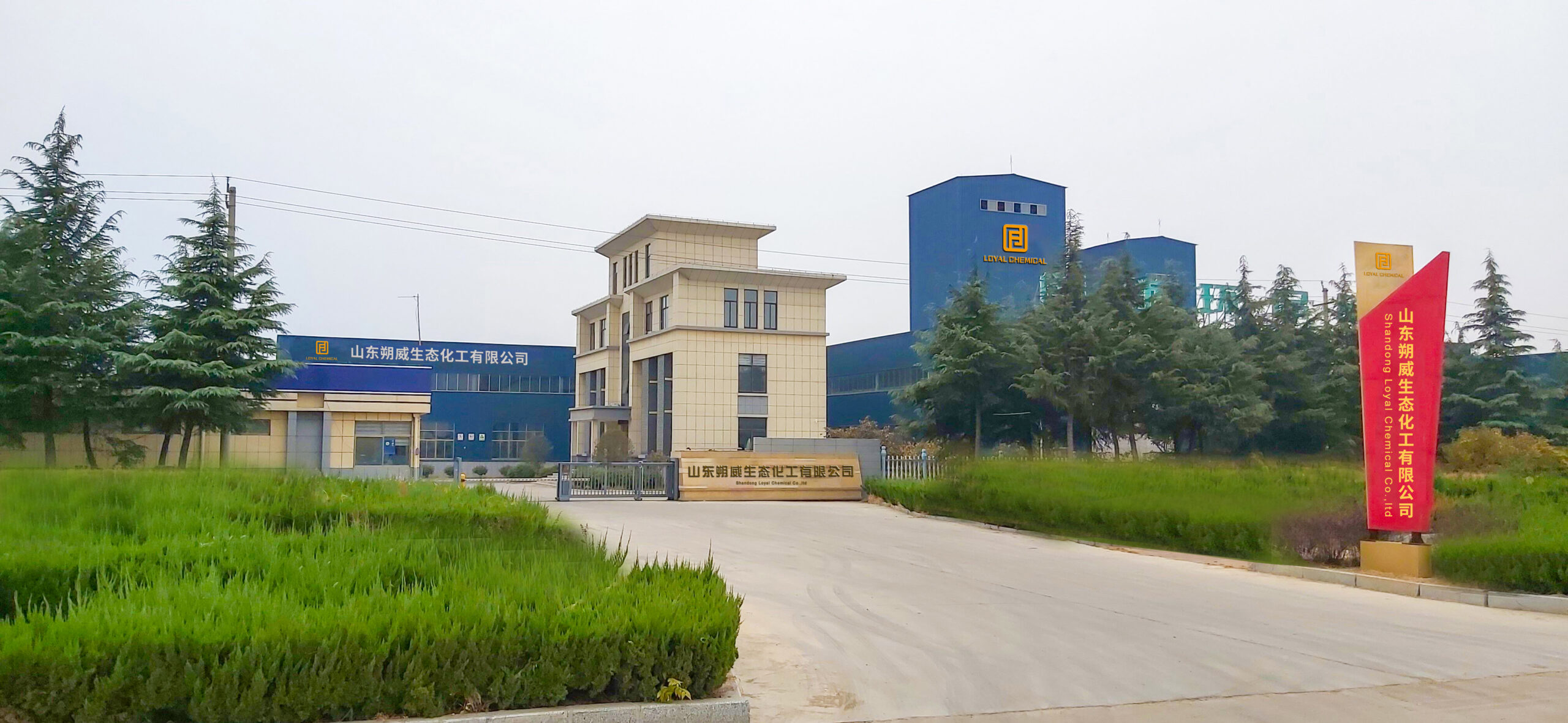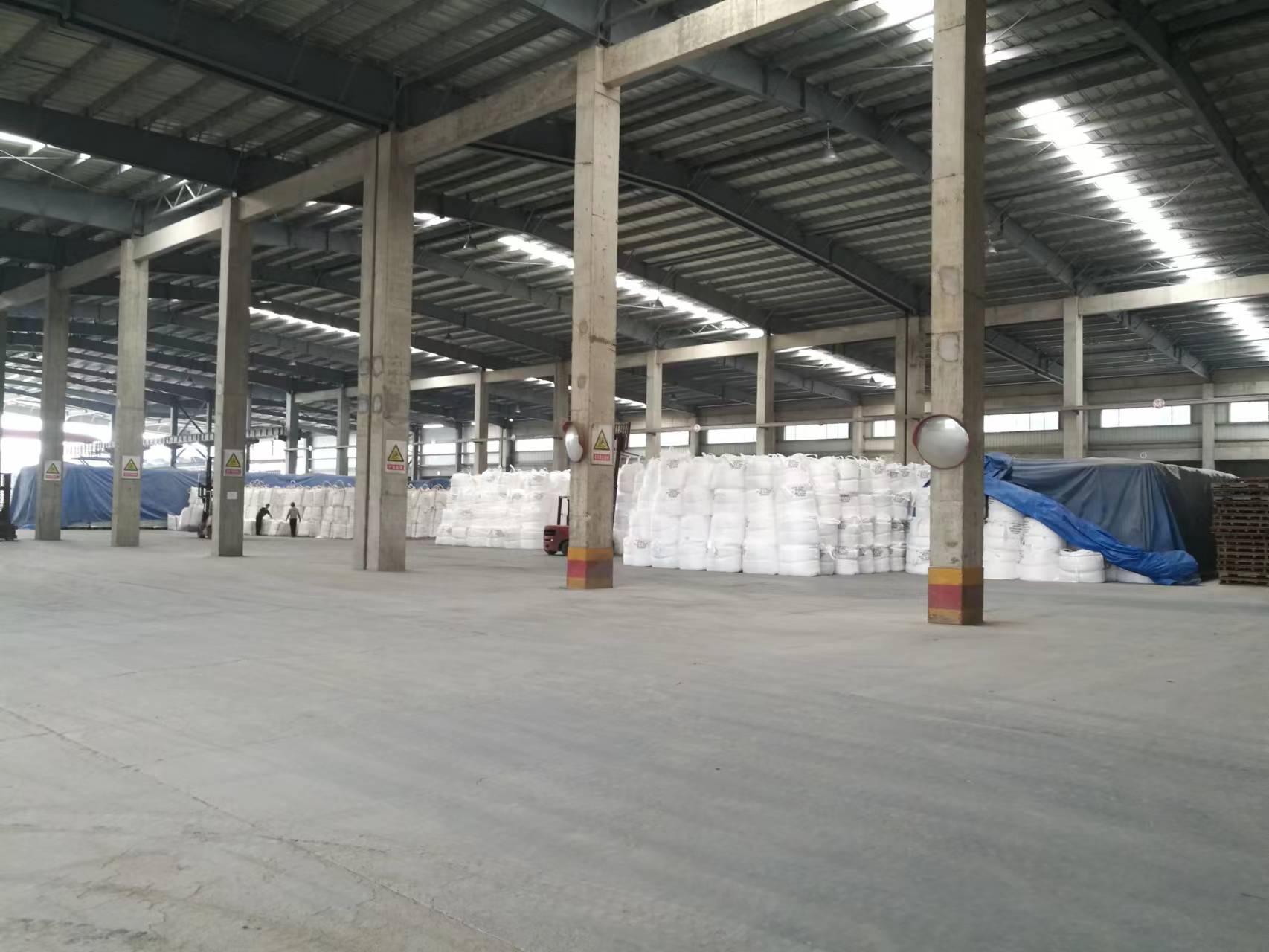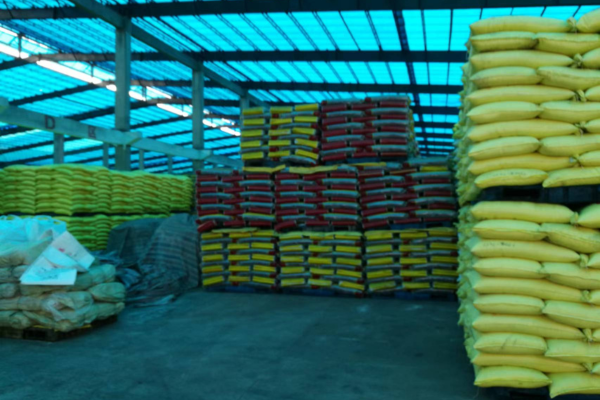Introduction to the Role of Fertilizer Companies in Sustainable Agriculture
Fertilisers help to replenish soil nutrients for feeding the world’s increasing population. They aid modern agriculture but the conventional technique of fertiliser production and application is environmentally unsustainable and pour chemicals into water bodies degrading water quality and emitting greenhouse gases at high rate.
As we have seen, sustainable agriculture seeks precisely such a shift, promoting farming that is agriculturally sound, economically viable and socially responsible. There is in fact no doubt that fertiliser companies are best placed to spearhead a shift in farming practices. They have the power to create fertilizer that is both more efficient and less environmentally damaging than today’s murky cocktail.
Despite their reputation for being ‘chemical-intensive’, advances in fertilizer technology meanthat controlled-release formulationsand precision application methods maximise fertilizer value, further minimising runoff to water bodies and saving fossil-fuel energy in production. As the global community grows more attentive to theenvironmental impacts of the world’s food production, fertiliser companies will play an increasingly important role in the development and adoption of sustainable agriculture practices because nutrition is needed to sustain food production long-term, for the sake of our shared biodiversity, and our planet.
Fertilizer company ranking criteria
It is only by defining a set of clear criteria that we can judge which fertilizer companies are really leading the way to sustainable agriculture. But more than that, we can also filter out gorgeous narrative descriptions to understand which firms are truly motivated by environmental sustainability and how those practices may be changing the agricultural landscape.
Innovation in Product Development:
Among the key reasons is the specialisation that enables firms to innovate in creating products with reduced environmental damage, in this case new types of fertilisers with improved efficiency and lower environmental impact, including slow-release and controlled-release fertilisers that reduce runoff and leaching into the water system.
Sustainability Practices:
How far each company’s processes are considered sustainable is another key factor – how much carbon is taken in and then removed from a company’s operations, where those that do recycle materials, give-back programmes and the use of renewable energy sources in manufacturing processes sit. Companies that take special interest in the health of the soil and reductions of chemical inputs are an asset in this regard.
Impact on the Environment:
The overall environmental impact of a company’s products and operations is another important matter. This refers to companies that have reduced emissions, implement policies for reducing waste, and sponsor the preservation of biodiversity.
Corporate Social Responsibility (CSR):
They are not obliged but it would serve them well if they participate in CSR projects in the area of sustainable agriculture; for instance, assisting local farmers, providing them with better access to farming tools and knowledge, and directly engaging in environmental conservation projects.
Methodology Used for Selection and Ranking:
A huge amount of work went into designing the methodology of how these firms could be chosen and scored, employing both numerical and qualitative criteria – percentage of carbon emissions cut, volumes of water used, proportions of remnant waste recycled – as well as evaluations of, say, innovation and originality of products, and the effectiveness or otherwise of companies’ CSR programmes.
These criteria ensure that the ranked companies will not just be leaders within the sector with respect to economic performance but also forerunners in promoting and implementing measures with positive environmental and social benefits and improving the position of farmers. Only if these criteria are met can fertilizer companies help to promote the global leap toward more sustainable agricultural practices.

Overview of the Top 5 Fertilizer Companies
SHANDONG LOYAL CHEMICAL CO.,LTD
SHANDONG LOYAL CHEMICAL CO.,LTD has an emphasis on nutrient-use efficiency and reducing environmental impacts. The fertilisers SHANDONG LOYAL CHEMICAL CO.,LTD manufacture are tailored to provide specifically balanced nutrient ratios for particular soil and crop needs, helping to reduce overapplication. The company is also a pioneer of digital farming tools to help farmers make informed decisions about application.
Nutrien Limited
Nutrien Limited, for instance, not only manufactures a full line of fertilizer products, but also provides digital agriculture solutions to optimise the management of inputs and improve environmental stewardship. Nutrien has developed many fertilizer products that reduce environmental harm, such as slow-release fertilizers that reduce leaching and runoff.
The Mosaic Company
And the Mosaic Company makes (and promotes the making of) phosphate and potash fertilisers; it also values stewardship of the environment. There have been, it is true, massive numbers of activities undertaken by the company in the name of sustainability, including water efficiency and land restoration programmes. Its operations are being continually reinvented to increase their eco-efficiency, with whomsoever will lend a hand, and it is a member of a number of partnerships that are seeking to ensure global food security under umbrellas of sustainability.
CF Industries
CF Industries, which produces nitrogen fertiliser, has a stated carbon-reduction policy, has invested in carbon capture and sequestration technology and has farmer-education programmes that help ensure safe and efficient use.
ICL Group
ICL produces potash, phosphates and specialty fertilisers for use on agricultural land. The company has sustainability at the core of its business, investing in next-generation fertilisers with positive environmental impacts and reduced environmental harm. Innovative fertilisers developed by ICL include controlled-release fertilizer products designed to increase the efficiency of the soil-plant system and minimise the farm’s ecological footprint.
Beyond being leaders in their field, not only for their innovation in fertiliser production and most enthusiastic corporate practitioners of the principles of sustainability, they forge paths that can be followed by other fertilizer companies that might create a whole new business model for fertilizer companies going forward – a paradigm shift in how fertilizer companies can serve and promote good farming and a better and cleaner planet.
Impact of These Companies on Global Agriculture
The top five fertiliser companies have transformed global agriculture not just by helping farmers grow more crops on fewer acres, but also by setting new standards for sustainability and environmental stewardship.
Sustainable Practices and Environmental Impact:
The use of fertilisers that emit lower levels of CO2 and methane thanks to the sustainable practices promoted by these companies – especially the use of slow-release and controlled-release fertilisers – is helping to decouple fertilizer use from the environmental damage it is sometimes blamed for. In fact, The Mosaic Company, for instance, has created programmes to restore and conserve biodiversity on mined lands, advancing the cause of the environment. This practice is good for the environment and helps maintain ecosystems, while also ensuring the long-term sustainability of farm lands.
Economic and Social Contributions:
In addition, these companies indirectly stimulate other sectors of the economy by creating jobs and boosting local communities. As an example, SHANDONG LOYAL CHEMICAL CO.,LTD provides educational services, which help farmers improve their production techniques, productivity and yields that benefit their local economies. Lastly, through its operations, SHANDONG LOYAL CHEMICAL CO.,LTD provides high-quality and affordable fertilisers to developing countries in aid of food security and agricultural development, which are necessary for a well-functioning society.
Innovation Leading to Resilient Agricultural Practices:
Moreover, these companies’ continued expenditure on research and development is critical to making agriculture resistant to the threats posed by climate change. fertilizer companies, such as CF Industries and ICL Group, lead innovation in fertiliser technology, so that when the environment changes, fertiliser can either adapt to extreme weather patterns, or keep people from shifting climatic zones.
The importance of these fertilizer giants goes beyond the short-term agricultural outputs and has a real impact in driving a longer-term movement for a more sustainable, supportive and forward-looking approach to agriculture globally. Working from advanced research facilities, with immense social responsibility and community investment, the giants of fertiliser are setting an industry benchmark and are a crucial part in creating a more sustainable future for global food systems.

Challenges and Future Prospects
In spite of their groundbreaking efforts in the field of sustainable agriculture, the top five fertilizer companies can still be negatively affected by many of the same problems that will likely affect the industry in the future.
Challenges in Achieving Sustainability:
One of the biggest challenges is how to increase productivity while minimising environmental impact. While controlled-release technologies dramatically reduce nutrient runoff, production can still be energy-intensive and create carbon emissions. CF Industries is at the forefront of carbon capture technologies, but finds adoption across the industry slow owing to high cost and technical challenges.
Regulatory and Market Pressures:
Fertilizer companies also operate in highly fragmented regulatory environments: some markets are very tight, with little government oversight and weak enforcement; by contrast, other countries implement strict environmental regulations that can incentivise innovation but also add to costs and complicate operations. Finally, geopolitical volatility is affecting the stability of supply chains and pricing. Market disruptions have been exacerbated by geopolitical tensions and global economic conditions. Consider the effects of war in Ukraine and trade disputes such as the current one with China – tariff changes and expropriations are a threat for many fertilizer companies.
Innovation and Technological Advancements:
Looking forward, innovation will remain the key to securing the future of fertilizer production, not only in terms of efficiency and environmental friendliness, but also through greater use of digital technologies. For example, Yara International is paving the way in testing out new digital tools that can help farmers apply fertilisers more accurately to the crops that need them the most, leading potentially to less waste and higher yields.
Adaptation to Climate Change:
Agriculture will need to adapt to and mitigate the effects of climate change. That’s huge and fertilizer companies will have an important part to play in making crops and other agricultural products more resistant. There are new formulations that can help them to do that. For example, fertiliser companies are currently researching and developing better products that can sustain drought or be effective despite the changeable growing seasons that increasingly well contribute to a tall and noiseless summer.
Sustainability Goals and Global Cooperation:
With planetary concerns rising, we expect fertilizer companies to redouble their focus on sustainability and to join forces with other actors, such as governments and NGOs or other industries, to help fulfil the environmental targets spelled out in the Paris Agreement and the Sustainable Development Goals (SDGs).
The struggles of these pioneer fertilizer companies point out the problems involved in doing business in the global food production sector. But as long as they continue to create new technologies, innovate amid sustainability pressures and collaborate globally, there is no reason why they can’t not only see off the challenges they face but also lead the way in turning agriculture into a sustainable, viable industry.
Conclusion
Thinking about these pioneering firms from the perspective of the important roles they have played, and continue to play, in giving sustainable agriculture its leading edge, reminds us that the global environmental health and food security of the entire world are highly dependent on the state of these sectors – and especially the lead given by the top five fertilizer companies in their quest to have a worldwide positive impact.
By producing and promoting green fertilisers and by advocating responsible farm practices to promote food security for a growing world population, these leading fertilizer companies are playing a leading role in a vital process of decoupling of food production from ecological damage.
The path towards sustainable agriculture is long, and the work is far from done. But if these top fertilizer companies’ efforts demonstrate one thing, it’s that the prospect is promising. As we witness their evolution and embracement of innovation and sustainability, we can expect even more advances in the future, changing the face of agriculture for the better, making farming more environmentally friendly and Earth-protective.
But these companies aren’t just the winners when it comes to international markets for agricultural commodities; they are part of the process of how farming will be carried out in the future, worldwide, by determining what research and development activities are prioritised, what agricultural policies do and do not get enforced, and what the world’s food security and environment look like next century.
Here’s how you can find the relevant references:
- Nutrien Limited: Visit their official website to access their annual reports, sustainability reports, and press releases.
- SHANDONG LOYAL CHEMICAL CO., LTD: Look for their official website or business profiles on platforms like Alibaba for information on their products and corporate news.
- The Mosaic Company: Their corporate website will have sections on investor relations and sustainability where you can find detailed reports and updates.
- CF Industries: Their official website typically provides comprehensive details in their annual reports and news sections.
- ICL Group: Check their official site, particularly the sections on investor relations and sustainability reports.







